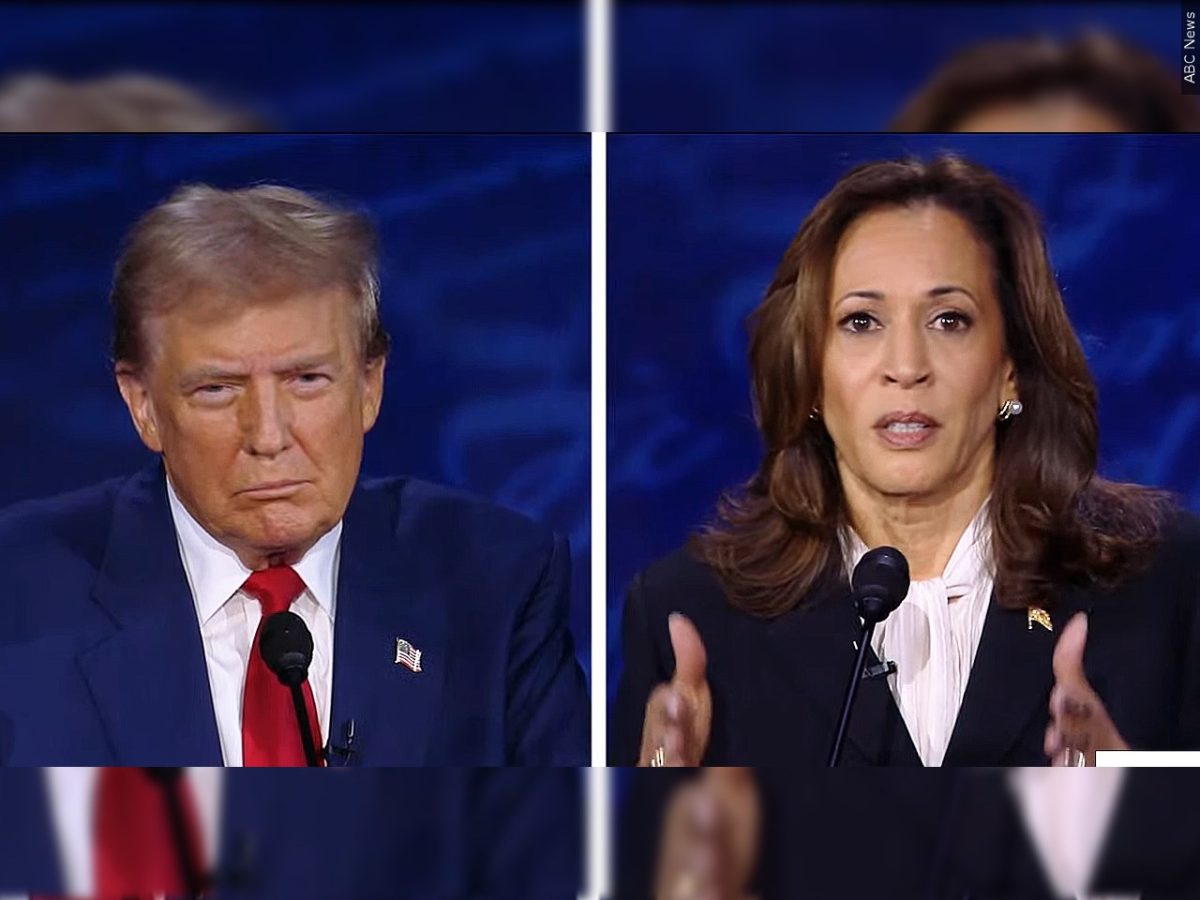In the United States, voting in local, state and national elections is a civic duty given to citizens. However, a sizable portion of prospective voters doubt that their votes will have an impact. There is growing concern regarding voter turnout in the approaching election due to this sense of disenfranchisement, particularly among younger and more disenfranchised populations.
Some people, like Weber State University student Fiona Witherspoon, feel that voting is a crucial means of ensuring their voice is heard and of participating in influencing the political landscape.
“I’ve always thought that you give up the right to complain about the results if you don’t vote,” Witherspoon said.
This opinion aligns with the widespread conviction that voting is essential to influencing decisions on a wide range of topics, including social issues and public policy. Witherspoon contends that people effectively give up their power to influence the laws and rules that control their daily lives when they choose not to vote.
Witherspoon’s viewpoint contributes to an ongoing discussion on civic duty, especially in a democracy like the U.S., where all citizens at least 18 years old have the opportunity to vote. According to her, voting is a public duty with implications for society, not just a choice one makes for oneself.
Benjamin Anson, a recently naturalized citizen and WSU student, speaks to many younger voters who believe that their ballots don’t matter much, especially during national elections.
“A lot of my friends say that my opinion doesn’t matter because it’s difficult to believe that one vote can have an impact in a nation with millions of citizens,” Anson said.
Younger populations are particularly inclined to feel helpless because they frequently find it challenging to understand how their votes will affect change in a system where it can appear gradual or unnoticeable.
“Voter apathy,” as Anson put it, is a typical occurrence, particularly during national elections when the sheer volume of voters can make any individual’s ballot appear insignificant. Younger people are especially guilty of this sense of apathy; studies show that they continuously vote at lower rates than older generations.
Anson did, however, also stress that voting is about participating in the process and adding to the continuing conversation that affects the nation’s future, not simply about the result.
“Every word counts, every opinion matters because addressing disagreements helps us understand different perspectives,” Anson said.
According to Anson, the strength of democracy is in its capacity to unite people despite their differences of opinion. Although he understands how frustrating it is to feel ignored, he thinks voting is still an essential instrument in contributing to this greater discussion.
Experts on the subject agree, pointing out that although individual votes may not matter much in national elections, they matter significantly more in local contests. Leah Murray, director of The Walker Institute of Politics & Public Service, emphasized the critical role that voters play in smaller elections when margins are frequently narrow.
“The chances of your vote having an impact in a presidential election are approximately one in six billion,” Murray said. “However, some elections are decided by as few as 12 votes in down-ballot races.”
Murray’s comments highlight the importance of participating in all levels of government, not just presidential races. Local elections, which determine representatives for city councils, school boards, and state legislatures, often have a much more direct impact on citizens’ day-to-day lives. Yet, these races frequently see far lower voter turnout than national elections, which tend to dominate the media spotlight.
Increasing voter turnout is still a major concern, particularly with younger voters. In contrast to 66% of voters 65 and older, only 36% of eligible voters between the ages of 18 and 29 cast ballots in the 2018 midterm elections, according to Pew Research. This clear generational divide emphasizes the importance of keeping up the conversation with younger people and highlighting the relevance of every vote, particularly in municipal elections where results can have a direct impact on communities.
Voting is essential to the democratic process, as demonstrated by the larger message from voters like Witherspoon and Anson and experts like Murray, which goes beyond the numbers. The magnitude of national elections can easily depress people, yet engagement in politics at all levels is part of preserving a robust and functional democracy.
For Witherspoon, voting is an essential part of being a citizen that cannot be compromised. Even if the change won’t happen immediately, Anson sees it as a chance to add to a broader dialogue. Furthermore, it reminds Murray that every vote counts and can affect genuine, significant change, particularly in municipal elections.
Voter involvement is becoming increasingly important as election season approaches. Every ballot cast, whether for a local legislator or the president, gives someone a say in the decisions that are made collectively.
“Your vote matters a lot,” Murray said.
Every election has consequences, both nationally and locally, which reminds us that democracy depends on participation. The forthcoming election is a chance for citizens to participate, impact, and mold the future, and the message of these voters is unequivocal: each and every vote matters.





















